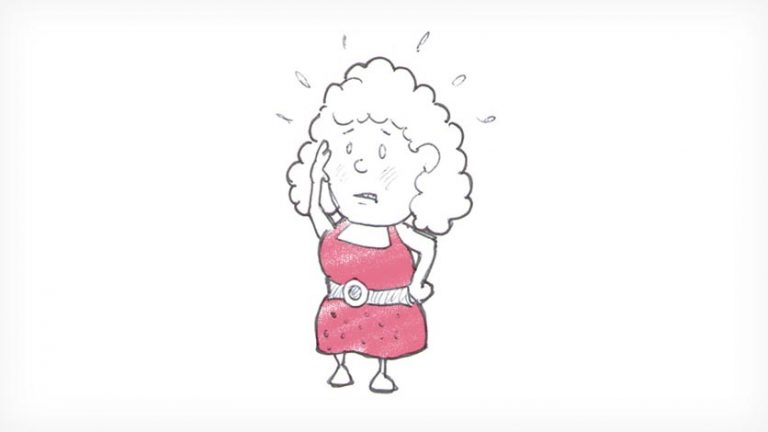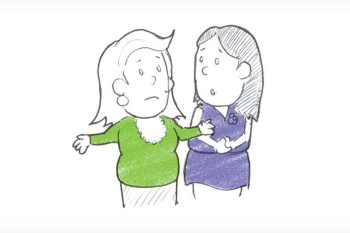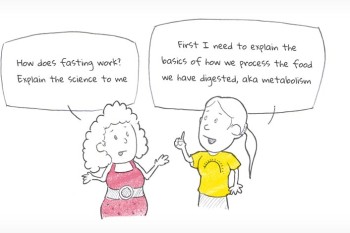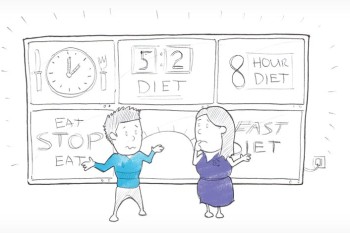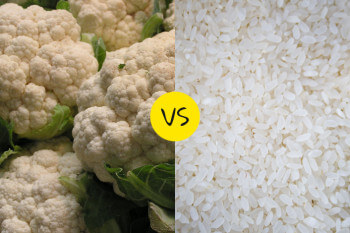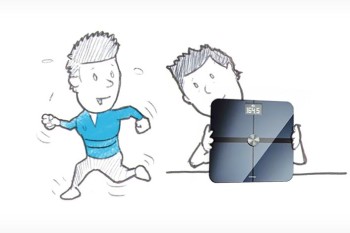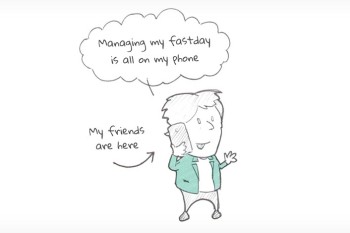Should I fast when I’m stressed out?
Some short-term stress is good for our bodies: both fasting and exercise are a little stressful on the body and both bring great health benefits. But prolonged stress from emotional upheaval, work pressures, or illness, however is not good. At such times, adding extra stress from fasting might not be a good idea.
What happens in our bodies when we are stressed?
Exposure to emotional or physical stress triggers release of stress hormones, such as cortisol, from the adrenal glands.1 The longer the stresses continue, the more cortisol is released. And repeated stresses can result in an accumulation of cortisol in the body.2 High cortisol levels have far-reaching effects on our bodies,1,2 including:
-
Increasing blood sugar levels and reducing fat burning, thereby contributing to weight gain and increasing the risk of diabetes and heart disease
-
Lowering leptin levels making us hungrier and again resulting in weight gain
-
Suppressing the action of thyroid hormones reducing our metabolic rate and contributing to weight gain
-
Suppressing the effectiveness of our immune systems, making us vulnerable to infections
-
Raising blood pressure, thereby increasing the risk of heart disease and stroke
-
Damaging areas of the brain responsible for memory
-
May eventually result in ‘burn out’ where cortisol levels plummet and triggers symptoms of chronic fatigue, pain and inflammation.2
How can I reduce the amount of cortisol my body is making?
The simple answer, of course, is to reduce your stress levels! But that is not always possible. Here are some paractical steps you can take.
When we are stressed we often turn to coffee, junk food and alcohol to help us deal with the stress. We are also likely to sleep poorly. Unfortunately, poor sleep, caffeine and alcohol all further increase cortisol. Thus, when you are stressed at work or at home or are experiencing/recovering from illness or surgery, it is important to avoid caffeine, alcohol and junk food (particularly, sugary, high-carbohydrate foods). Try to ensure you get a good night’s sleep.
Should I stop/reduce my fasting?
Intermittent fasting may counteract some of the effects of raised cortisol due to its beneficial effects on blood sugar, carbohydrate metabolism and mood. However, fasting itself is mildly stressful and calorie restriction is known to increase cortisol levels.1,3
You should consider reducing the amount you are fasting or stopping completely while you deal with your stress levels. At the same time, ensure you are eating well on your non-fast days.
Learn about what to eat when not fasting
You may worry that stopping fasting will result in weight gain and this worry will also add to your stress. You may feel that fasting gives you a sense of control over your situation. In this case, rather than stopping fasting, aim reduce the amount of fasting:
-
If you are following ADF or 4:3 consider changing to 5:2 or increasing your calorie allowance on fast days to 800–1000 calories
-
If you are following 5:2, consider increasing your calorie allowance on fast days to 800–1000 calories or adopting an ‘eating window’ approach to fasting
-
If you normally fast all day and have your 500 calories in your evening meal, consider having a normal meal rather than a calorie-restricted meal, or breaking your fast at lunchtime with a small meal and allow yourself more calories for your evening meal.
-
If you are following an ‘eating window’ fasting method, consider lengthening the eating window.
While you are experiencing high stress levels it is best to aim to maintain your weight rather than actively seeking to lose weight.

